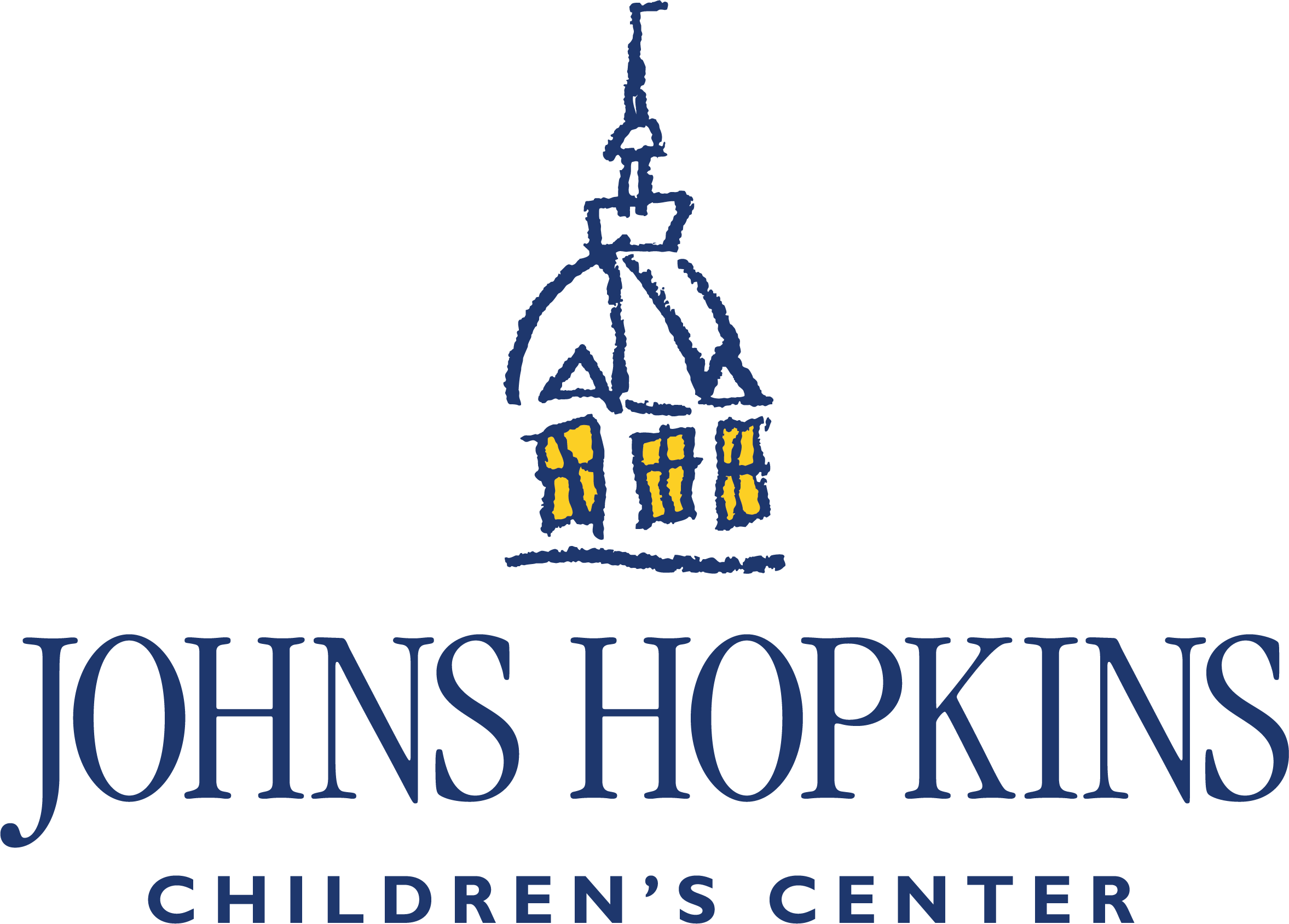Curriculum
On the General Pediatric Inpatient Ward Teams (Neill and Zinkham), fellows will supervise a team of two PGY3, two PGY1 pediatric residents, and three medical students. They will care for general pediatric and complex care patients admitted from the emergency department or transferred from the pediatric intensive care unit. They will additionally care for newborns transitioned from the neonatal intensive care unit and newborn nursery.
On the Complex Care and Surgical Consults rotation, fellows will consult on complex care patients on both medical and surgical services and on patients on surgical services for whom there is a general pediatrics concern.
Fellows will rotate as a member of the Palliative Care team, completing outpatient visits and consults on admitted patients.
During the Sedation rotation, fellows will complete the Society for Procedural Sedation Provider course and will gain practical experience managing airways and procedural sedation in the operating rooms and procedural suites.
Fellows will receive training in the acute stabilization of pediatric patients rotating on the Transport Team, which transports decompensating patients from other local hospitals to Johns Hopkins Children’s Center. Fellows will also serve as members of the Rapid Response Team during this rotation. Throughout their fellowships, they additionally will have the opportunity to participate in multidisciplinary mock codes on inpatient units as well as training through the Johns Hopkins Medicine Simulation Center.
The fellows’ Community Hospital rotation experiences will occur at Johns Hopkins Bayview Medical Center. At this site, the fellows will work in the combined emergency department/inpatient ward unit, as well as in the newborn nursery, overseen by pediatric hospitalists.
Year 1
- Pediatric hospital medicine teaching service (ten weeks)
- Complex care and surgical consults (four weeks)
- Community hospital medicine service and newborn nursery (four weeks)
- Rapid response and transport teams (two weeks)
- Palliative care (two weeks)
- Sedation (two weeks)
- Individualized curriculum (eight weeks)
- Scholarship (16 weeks)
- Vacation (four weeks)
Year 2
- Pediatric hospital medicine teaching service (eight weeks)
- Individualized curriculum (24 weeks)
- Scholarship (16 weeks)
- Vacation (four weeks)
During the second year of training, fellows have the opportunity to individualize their inpatient ward experience based on their career goals. They may elect how they would like to divide this time between the primary site (Johns Hopkins Children’s Center) and the community site (Johns Hopkins Bayview Medical Center) and between the general pediatrics service and the complex care/surgical consult service.
Individualized Curriculum
Fellows have eight weeks of individualized curricular time during their first year and 24 weeks during their second year. Fellows meet with the program director and their faculty mentor at the beginning of each year to discuss their fellowship and career goals and to select/design their individualized curricular experiences. Fellows may create their own elective experiences, if not already available, or may use individualized curricular time for additional scholarship experiences.
Fellow elective experiences include, but are not limited to:
Acute pain service, advocacy rotation at the American Academy of Pediatrics, adult medicine (if med-peds trained), anesthesia, cardiology, child abuse, child psychiatry, dermatology, emergency medicine, endocrinology, gastroenterology, genetics, global health, infectious diseases, lactation, medical billing and coding, medical education, nephrology, neurology, operational leadership, pediatric surgery, physical medicine and rehabilitation, procedures, pulmonology, respiratory therapy rheumatology, speech and language pathology, and wound care.

